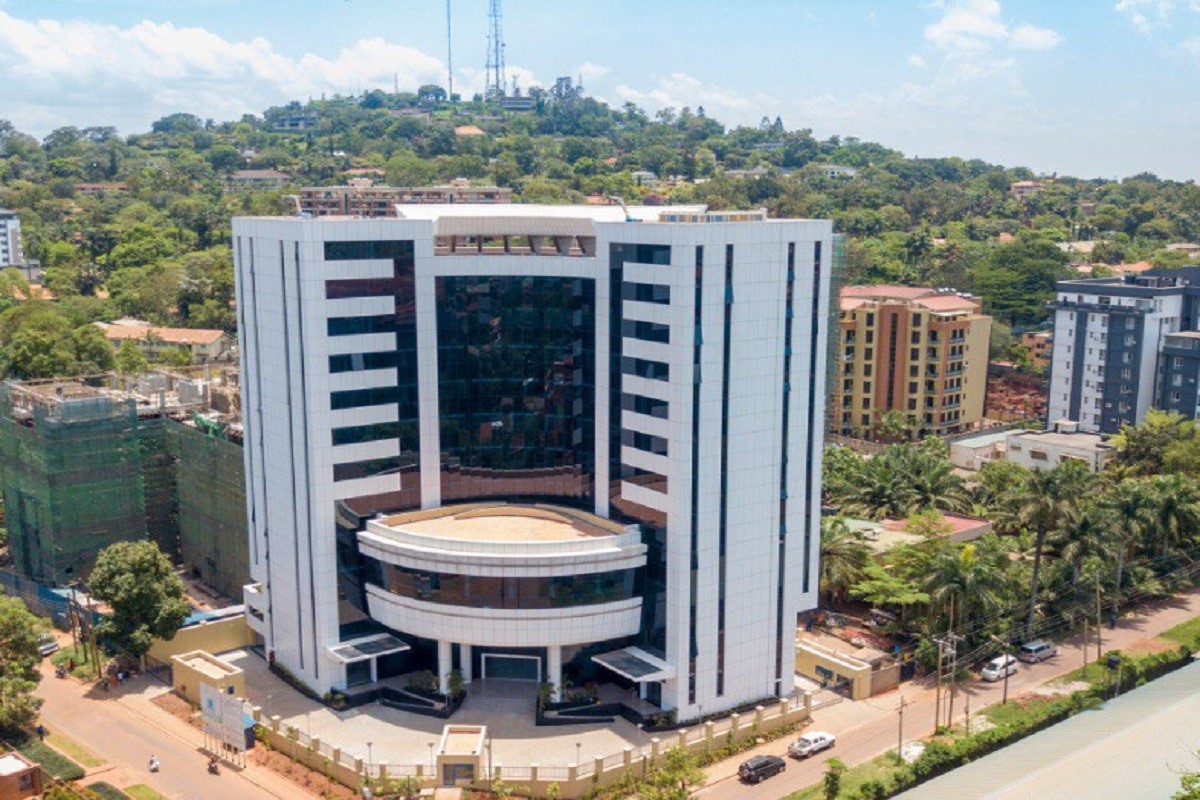
Business Licensing Reform
Objective of the study
The objective of the consultancy is to undertake an assessment of the recommendations of the 2012 report and ascertain which of the recommendations have been adopted as part of the formal licensing regime, calculate the difference in compliance costs for businesses, review the pending reforms and newer reforms introduced, and identify recommendations for further simplification of the licensing regime in a few key sectors. The study is intended to offer a holistic picture of the business environment in Uganda, including the extent to which the land administration system is integrated into the business environment reforms, and the scope for digitalization.
Specific Objectives
- Review business licensing reforms stemming from the 2012 report and determine extent of implementation of recommendations, including the effects on compliance costs for the private sector in line with the standard cost model.
- Identify the reforms that are pending implementation and assess the reasons for delayed implementation.
- Collect information and data from the private sector to validate the reforms undertaken and identify the most burdensome licensing activities. Identify further areas of action to continue improving the business environment.
- Study the existing land administration reforms; review and identify reforms that have a direct impact on the improvement of the business environment.
- Undertake a review of the licensing e-portal and an assessment of its usability and accuracy, including the documentation of information that is missing or incorrect.
- Assess lessons learned during implementation of reforms and provide recommendations to improve the business licensing reforms.
- Identify scope and limitations for digitalization of licensing activities.

